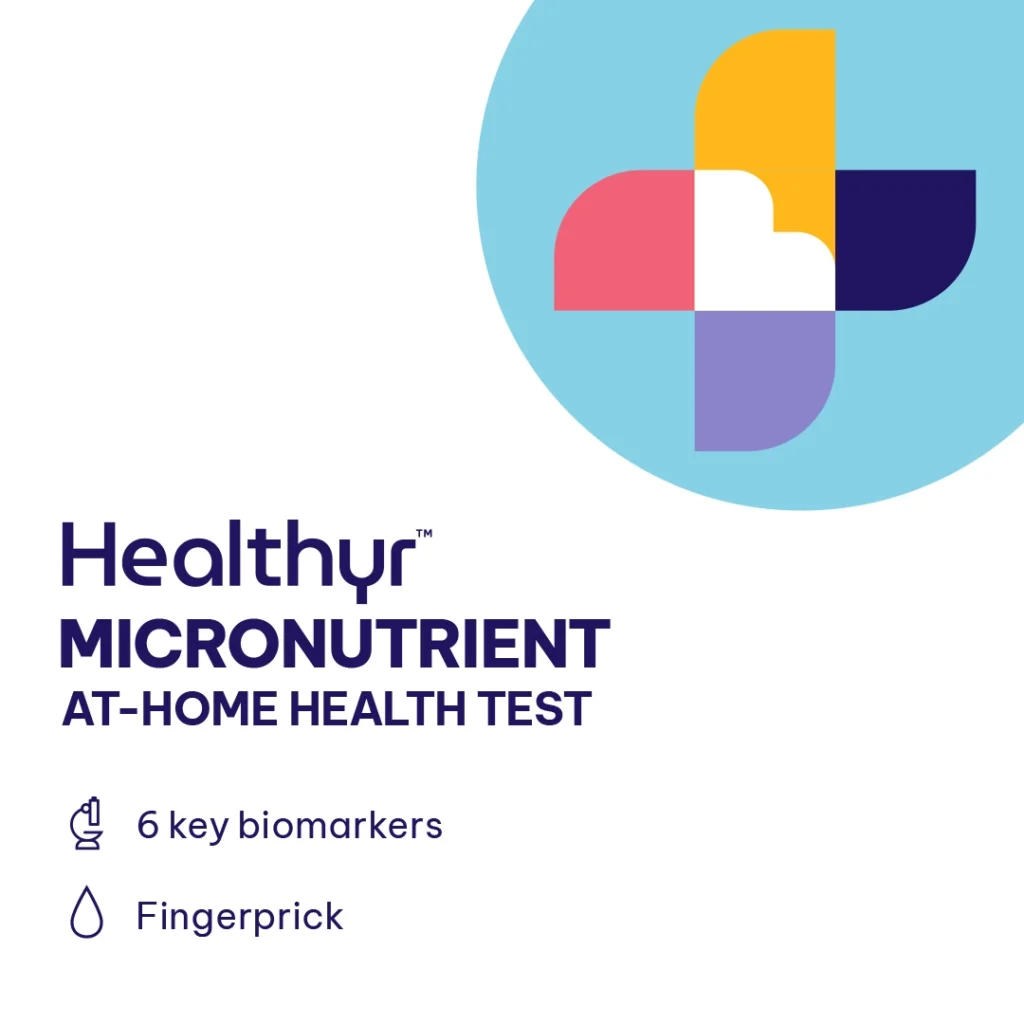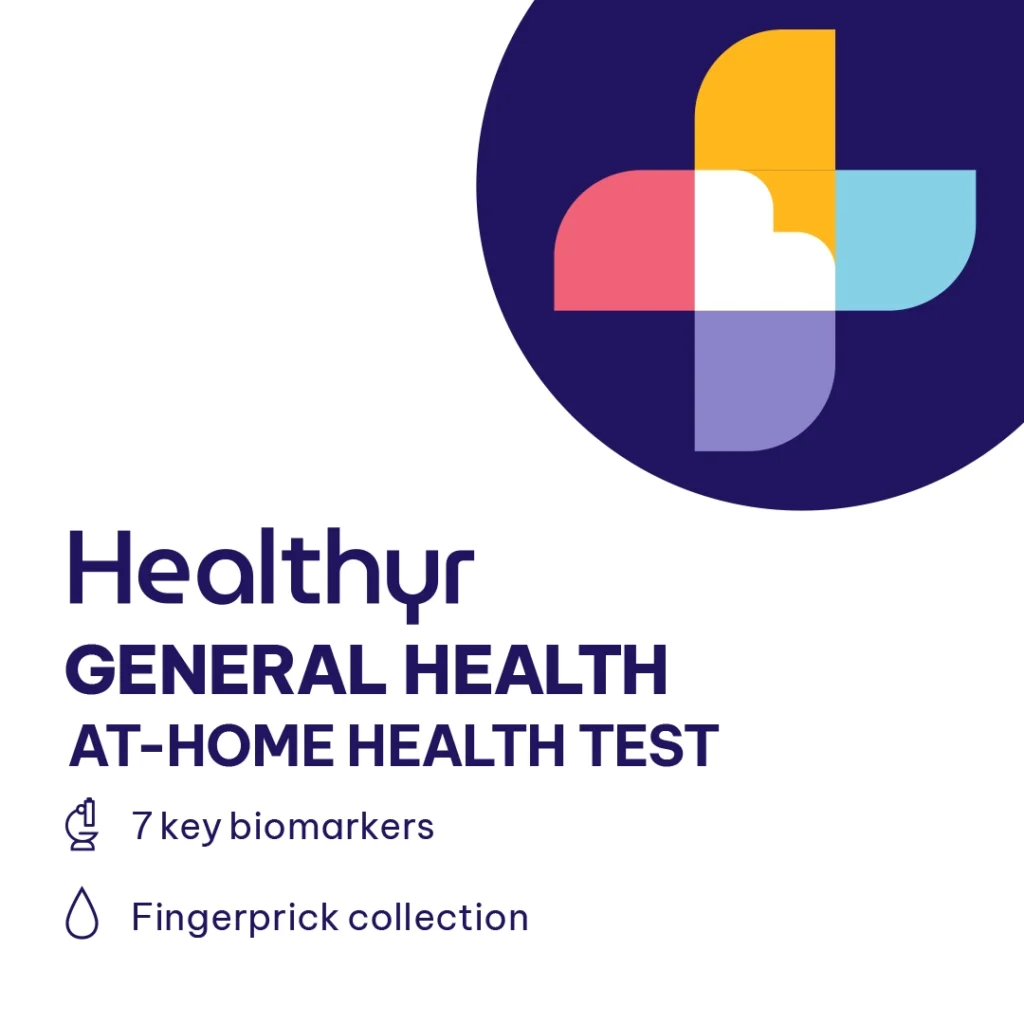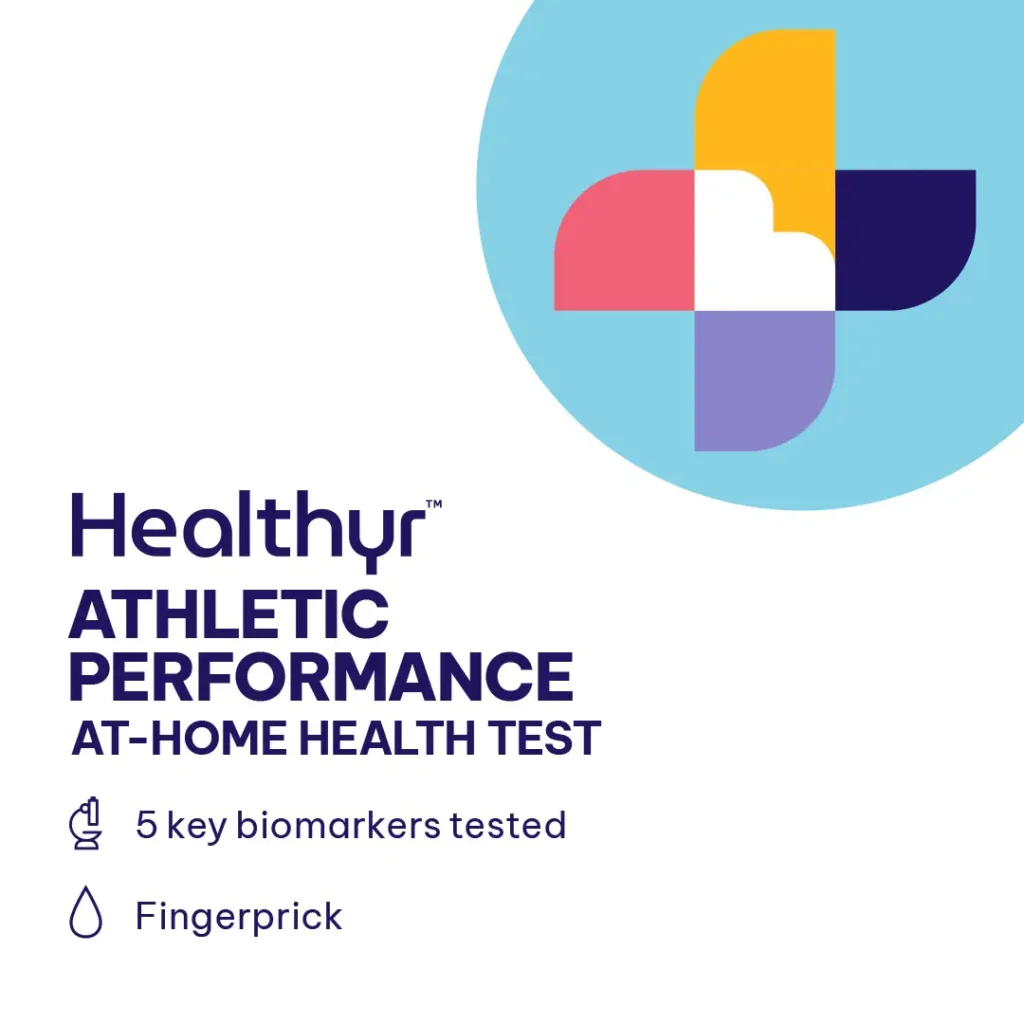We all enjoy so many aspects of winter, like cozy nights in with our heated blankets and online shopping as much as possible. One thing we may not be doing as much during the winter is enjoying time outside in the sunshine. Not only does the sun make us feel good, but it’s also responsible for about 90% of our body’s Vitamin D. So what happens to our Vitamin D levels during the winter? How much should we be getting? How do we know if we’re getting enough of this so-called “sunshine vitamin”?
What is Vitamin D?
Vitamin D is a fat-soluble vitamin that plays a key role in bone and muscle health, immune function, reducing inflammation, and maintaining overall good health. It’s both a nutrient we eat and a hormone our bodies produce from the sun. Hence its nickname, “the sunshine vitamin.” Its main job is to promote calcium absorption in our bodies. We can consume all the calcium we want, but it doesn’t get absorbed into our bones without Vitamin D, making it essential for bone health. Because of that, a Vitamin D deficiency can lead to weak and brittle bones over time and can cause osteoporosis.
Vitamin D Deficiency and Dosage
About 1 in 4 people don’t get enough Vitamin D making it fairly common in the United States to have a deficiency. Despite it being readily available through the sun, some foods, and supplementation. Even though the body can create Vitamin D, some people are still more likely to be at risk of a deficiency. People with darker skin tones tend to have a lower Vitamin D level because the pigmentation of the skin acts as a shade to sunlight. If you spend too much time indoors or live in places where the sun isn’t strong enough to give you enough Vitamin D. It can also occur in others who are lactose intolerant, struggle with obesity, and follow a vegan diet.
Regarding the daily dosage of Vitamin D, scientists recommend 600-1000 international units (IU) daily to meet the body’s needs.
| Ages | Daily Intake |
| Birth to 1 year | 400 IU |
| Children 1–18 years | 600 IU |
| Adults 19 years and older | 600 – 800 IU |
| Pregnant and breastfeeding teens and women | 600 IU |
Source: National Institutes of Health
Experts from the National Institutes of Health recommend that adults take no more than 4,000 IU daily of Vitamin D. Higher doses are recommended if being treated for a deficiency or other medical problems under a physician’s care.
How to Boost Vitamin D Intake
Because you can’t necessarily find out if you have a Vitamin D deficiency on your own, the best approach is to have your blood level tested to see if you are within a healthy range. A simple blood test will help determine how much supplementation is needed and the proper dosage. If you find out you’re lacking adequate Vitamin D, there are some ways to ensure your levels stay in a healthy range during cold months. Here’s how:
Sunlight
By now, it’s no secret that sunshine is the best way to get Vitamin D. Experts suggest you only need 20-30 minutes of sunlight on your skin three days a week without sunscreen. If you are concerned about skin cancer, we recommend using a low-SPF sunscreen, so it doesn’t block Vitamin D production. The good news is you can’t get too much Vitamin D from the sun because your skin limits the amount of Vitamin D it makes. And, no, we checked you can’t get Vitamin D from sunlight through a window or from tanning beds.
Fatty Fish
Fresh fish is an excellent source of Vitamin D, like salmon, tuna, mackerel, and cod liver. You can even boost your Vitamin D intake from canned fish. Studies show that sardines canned in oil and light tuna were great sources of Vitamin D.
Fortified Food Products
Many fortified dairy products and cereals provide most of the Vitamin D in people’s diets. Unfortunately, ice cream and cheese are not fortified. Almost all U.S. milk supply is fortified with Vitamin D, including many plant-based alternatives such as soy, almond, and oat. Vitamin D is also added to many breakfast cereals, orange juice, and yogurt brands. Check the nutritional facts label to see how much Vitamin D is added.
Supplements
During the winter, Vitamin D deficiency is very common, and many people use supplements to maintain healthy levels of 600 IU. Thankfully, you can find Vitamin D supplements and multivitamins at your local grocery store, pharmacy, or online. But too much of a good thing can cause harmful side effects. Vitamin D toxicity is caused by taking large doses of Vitamin D supplements – not by the sun or food – causing vomiting, bone pain, and kidney stones. Make sure to consult with your doctor on what dosage is right for you.
Takeaway
Vitamin D is an essential vitamin that we need for good health. It helps build strong bones, balance the immune system, reduce inflammation, fight off infections, and improve heart health. The sun is responsible for 90% of our body’s Vitamin D, but a deficiency is still fairly common, especially during winter. Small amounts of Vitamin D are also naturally found in some foods like salmon, cod liver, and fortified products. Supplementing is generally safe, though it can be harmful if consumed in large amounts. Experts recommend adults not take more than 4,000 IU a day.

If you are concerned that you are not getting enough Vitamin D, Healthyr offers a Micronutrient Test that you can take in the comfort of your home. This simple screening measures your levels of Magnesium, Calcium, Vitamin B12, Vitamin D, Ferritin, and Folate – giving you valuable insights into any deficiencies you may have.
Check your vitamin levels with a Healthyr Micronutrient Test.
Sources
- https://www.mayoclinic.org/drugs-supplements-vitamin-d/art-20363792
- https://my.clevelandclinic.org/health/diseases/15050-vitamin-d-vitamin-d-deficiency
- https://www.webmd.com/diet/features/are-you-getting-enough-vitamin-d
- https://ods.od.nih.gov/factsheets/VitaminD-HealthProfessional/
- https://www.hsph.harvard.edu/nutritionsource/vitamin-d/
- https://ods.od.nih.gov/factsheets/VitaminD-Consumer/
- https://clinmedjournals.org/articles/jnmdc/journal-of-nutritional-medicine-and-diet-care-jnmdc-8-056.php
- https://www.webmd.com/vitamins-and-supplements/vitamin-d-overdose





